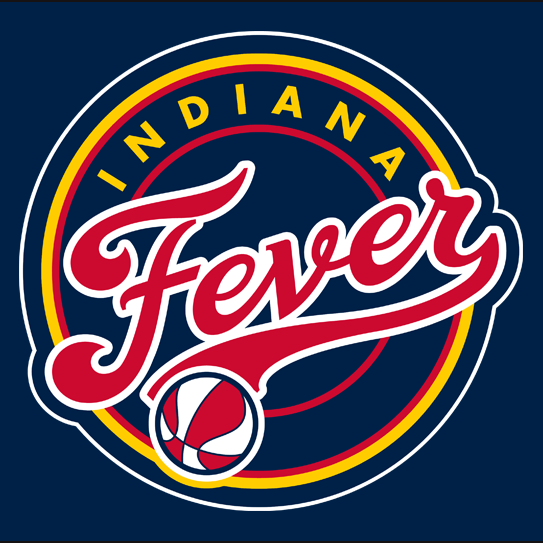Kidney stone!!!
The ASMBS recommends that we get 1500mg/day of calcium citrate which should be taken 500-600mg at a time, two hours apart.
VSG with Dr. Salameh - 3/13/2014
Diagnosed with Binge Eating Disorder and started Vyvanse - 7/22/2016
Reconstructive Surgeries with Dr. Michaels - 6/5/2017 (LBL & brachioplasty), 8/14/2017 (UBL & mastopexy), 11/6/2017 (medial leg lift)
Age 42 Height 5'4" HW 319 (1/3/2014) SW 293 (3/13/2014) CW 149 (7/16/2017)
Next Goal 145 - normal BMI | Total Weight Lost 170
TrendWeight | Food Blog (sort of functional) | Journal (down for maintenance)
I was MIA the last few days because I'm going through the most miserable cystitis (my best guess but it can be any of the other number of names for bladder/urinary tract/kidney problems). I have no fever, and I have high Leukocytes in my urine but no nitrates. Although I'm not supposed to be taking NSAIDS, I went ahead and took Cystex Plus, and began drinking even more milk kefir which I have been making at home for years now (best probiotic). I'm feeling much better today but I was so worried it was a kidney stone too.
Feel better soon Cecily. Good luck and I hope the relaxing pills help.

Banded June 2009- Allergan 10mL AP-S
Revised to Sleeve in September 2016
Have they told you what kind of stone it is? There are different kinds that are caused by different things. You need to know what it is before they can figure out what you can do to prevent it. I lost a kidney to struvite stones. It wasn't an issue of diet or liquids - just chronic infection. My biggest stone (since we're comparing!) was 5cm. No way it or its friends were passing. By the time I was diagnosed, the kidney wasn't functioning any more. Only symptoms I had were chronic UTIs and the last day of total pain.
Mayo Clinic Kidney Stone Primer
Knowing the type of kidney stone helps determine the cause and may give clues on how to reduce your risk of getting more kidney stones. Types of kidney stones include:
- Calcium stones. Most kidney stones are calcium stones, usually in the form of calcium oxalate. Oxalate is a naturally occurring substance found in food. Some fruits and vegetables, as well as nuts and chocolate, have high oxalate levels. Your liver also produces oxalate. Dietary factors, high doses of vitamin D, intestinal bypass surgery and several metabolic disorders can increase the concentration of calcium or oxalate in urine. Calcium stones may also occur in the form of calcium phosphate.
- Struvite stones. Struvite stones form in response to an infection, such as a urinary tract infection. These stones can grow quickly and become quite large, sometimes with few symptoms or little warning.
- Uric acid stones. Uric acid stones can form in people who don't drink enough fluids or who lose too much fluid, those who eat a high-protein diet, and those who have gout. Certain genetic factors also may increase your risk of uric acid stones.
- Cystine stones. These stones form in people with a hereditary disorder that causes the kidneys to excrete too much of certain amino acids (cystinuria).
- Other stones. Other, rarer types of kidney stones also can occur.





